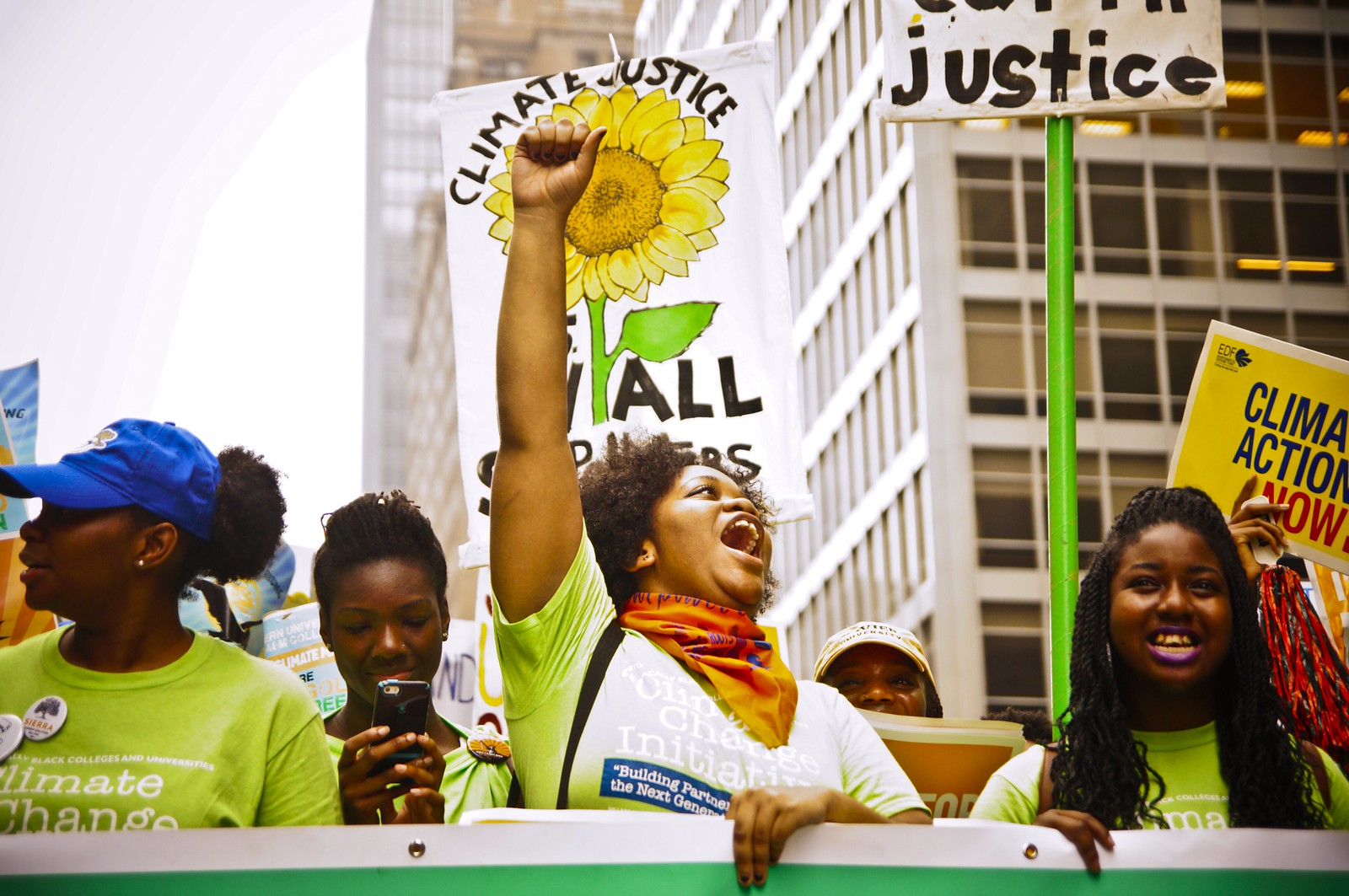Indigenous knowledge and Citizen Science: enabling paths for Climate Justice
By Kirsty, on 27 October 2022
Post by Harry Ortiz, Office for Open Science & Scholarship Support Officer
This year’s Open Access theme, Climate Justice, allows us to explore how research openness can promote diverse paths to achieve it. In this particular occasion, we will focus on how citizen science can work as a bridge to connect the so-called modern societies with rich indigenous environmental knowledge to confront the climate emergency and learn from their day-to-day practices.
According to the United Nations (UN), climate justice refers to a paradigm shift that focuses on the impacts of global warming on the most vulnerable people rather than just discussions on gas emissions. Expanding the discourses based on natural resources and biodiversity depletion to more ethical and political spheres under the human rights framework and civil movements from those communities who are, and will be, the most affected by those changes (Unite Nations, 2019).
Paradoxically, indigenous communities, who have been the protectors of the land through sacred ties with nature, are one of the most affected groups confronting climate change hazards. Receiving special attention due to their leader’s climate justice activism based on their traditional knowledge, demanding urgent policy transformations and more comprehensive mitigation plans (United Nations, 2021). The Intergovernmental Panel on Climate Change (IPCC) recognise the crucial role of indigenous peoples’ knowledge in those plans, especially regarding ecosystem and biodiversity conservation as key to ensuring sustainable development and climate resilience (IPCC, 2022).
As climate justice movements note, the effects of the planetary phenomena affect vulnerable communities worst and faster. Not only about social and economic extents but their ‘abilities to produce, disseminate, and use knowledge around the climate crisis’ (International Science Council, 2022). This a critical reality for indigenous and local knowledge reproduction, which might contain the answers to new forms of human existence in symbiosis with all forms of life on earth.
Openness can help to share that traditional knowledge and inform novel paths to generate resilient modern societies. However, it is first necessary to understand and capture the indigenous and local expertise, where citizen science practice, one of the eight pillars of open science, takes enormous relevance for climate justice.
But how can scientific methodologies and indigenous/local knowledge coexist when they belong to completely different epistemologies? How do we avoid new ways of colonisation against indigenous peoples in the name of science and climate justice?
Citizen science offers a solution, a link between the two distant worlds. With ethical considerations carefully implemented, it can deliver new knowledge collaborations and approaches to solve local and global sustainability issues. Citizen science aloud reciprocally valuable knowledge systems to coexist, open discussions about power dynamics in the academic world, promote diversity, participation in decision making and address historical inequalities (Tengö, M. et al. 2021).
The International Work Group for Indigenous Affairs (IGWIA), answering the IPCC 2022 report on mitigation, indicate the need for ‘a new paradigm of climate partnership with Indigenous Peoples that harnesses the benefits of different knowledge systems and ways of knowing is needed. Although the inclusion of Indigenous Peoples and their knowledge holders in research is increasing, more significant efforts are needed to support community-based and Indigenous-led research.’ (IGWIA, 2022). Addressing the need to respect indigenous peoples’ rights in the knowledge co-production development and their participation in all levels of climate mitigation decisions in ethical and equitable processes.
 The UCL press book’ Geographic Citizen Science Design – No one left behind’ shows good examples of citizen science with indigenous communities who take into account cultural factors, participant-centre design and the local contexts from holistic perspectives. We encourage you to visit their third chapter, where the authors build from an anthropological and human-computer design perspective providing several case studies regarding geographic citizen science with indigenous communities and their knowledge. You can download the Open Access PDF for free!
The UCL press book’ Geographic Citizen Science Design – No one left behind’ shows good examples of citizen science with indigenous communities who take into account cultural factors, participant-centre design and the local contexts from holistic perspectives. We encourage you to visit their third chapter, where the authors build from an anthropological and human-computer design perspective providing several case studies regarding geographic citizen science with indigenous communities and their knowledge. You can download the Open Access PDF for free!
Despite diverse opinions and perspectives, citizen science practices can hybridise two knowledge traditions that seemed to run in parallel paths. Sharing those findings in open and accessible ways beyond academia can promote more fair, equitable and sustainable societies.
Can you imagine new ways to co-existence with all the living world informed by indigenous knowledge and practices? Following Tyson Yunkaporta’s ideas in his book Sand Talk, what if indigenous knowledge can save the world? For some, the idea might sound romantic or taken out of science fiction movies. But what if finding an encounter point between the modern and the indigenous world is the most effective path towards climate justice?
International Science Council, 2022. 2022 International Open Access Week will focus on ‘Open for Climate Justice’. [online] Available from: https://council.science/current/news/2022-international-open-access-week-will-focus-on-open-for-climate-justice/ [Accessed 06 October 2022]
IGWIA, 2022. A new paradigm of climate partnership with Indigenous Peoples. An analysis of the recognition of Indigenous Peoples in the IPCC report on mitigation. IGWIA Briefing Paper. Available from: https://iwgia.org/en/resources/publications/4845-iwgia-briefing-analysing-a-new-paradigm-of-climate-partnership-with-indigenous-peoples-ipcc-report.html
IPCC, 2022. Climate Change 2022: Mitigation of Climate Change. Working Group III Contribution to the Sixth Assessment Report of the Intergovernmental Panel on Climate Change. Summary for Policymakers. WMO – UNEP. Available from: https://www.ipcc.ch/report/ar6/wg3/downloads/report/IPCC_AR6_WGIII_SPM.pdf
Tengö, M., Austin, B.J., Danielsen, F., Fernández-Llamazares, A. 2021. Creating Synergies between Citizen Science and Indigenous and Local Knowledge. BioScience, 2021; biab023, https://doi.org/10.1093/biosci/biab023
United Nations, 31 May 2019. Climate Justice. Goal 13: Climate Action. [online] Available from: https://www.un.org/sustainabledevelopment/blog/2019/05/climate-justice/ [Accessed 04 October 2022]
United Nations, 09 August 2021. How indigenous knowledge can help prevent environmental crises. Environmental Rights and Governance. [online] Available from: https://www.unep.org/news-and-stories/story/how-indigenous-knowledge-can-help-prevent-environmental-crises [Accessed 04 October 2022]
 Close
Close





